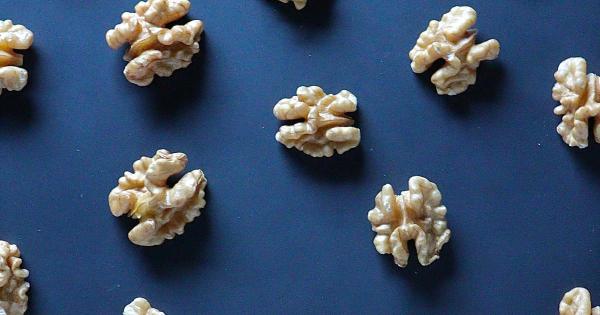

We spend nearly a third of our lives asleep, yet sleep is anything but wasted time. Far from being passive downtime, it is an active and essential process that helps restore the body and protect the brain. When sleep is disrupted, the brain feels the consequences – sometimes in subtle ways that accumulate over years.
In a new study, my colleagues and I examined sleep behaviour and detailed brain MRI scan data in more than 27,000 UK adults between the ages of 40 and 70. We found that people with poor sleep had brains that appeared significantly older than expected based on their actual age.
What does it mean for the brain to “look older”? While we all grow chronologically older at the same pace, some people’s biological clocks can tick faster or slower than others. New advances in brain imaging and artificial intelligence allow researchers to estimate a person’s brain age based on patterns in brain MRI scans, such as loss of brain tissue, thinning of the cortex and damage to blood vessels.
In our study, brain age was estimated using over 1,000 different imaging markers from MRI scans. We first trained a machine learning model on the scans of the healthiest participants – people with no...
Read more